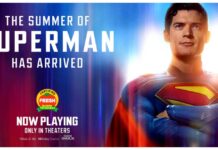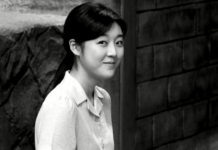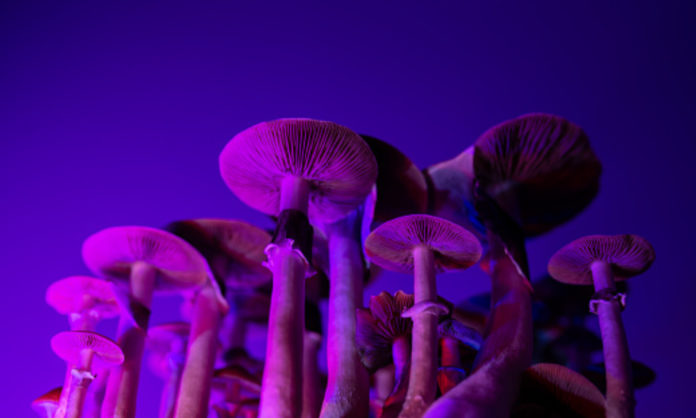According to a trial that gives hope to those who have been unsuccessfully treated with conventional antidepressants, the hallucinogenic chemical present in magic mushrooms can help treat severe depression when paired with psychotherapy. Following a single 25mg dosage of psilocybin and therapy sessions focused on assisting patients in identifying reasons and potential treatments for their depression, researchers reported that nearly a third of patients with severe depression had quick remission.
Study shows a positive response
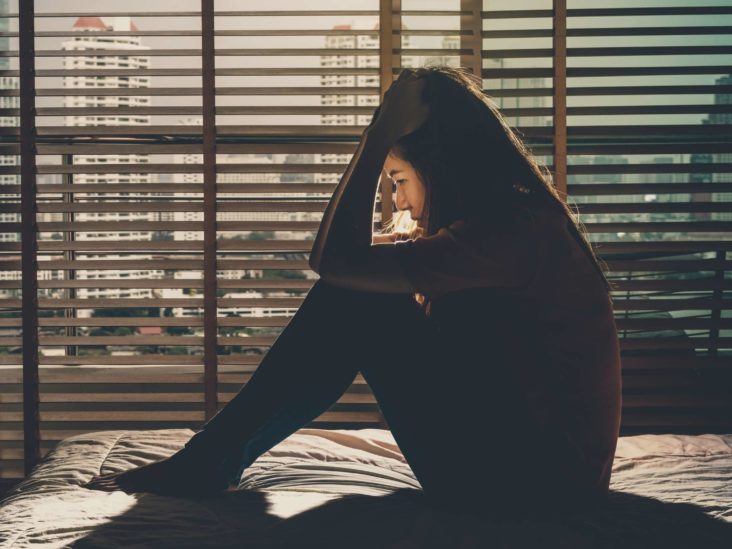
Treatment-resistant depression, which is a major depressive illness that hasn’t responded to at least two antidepressant therapies, affects an estimated 100 million individuals worldwide. Of those afflicted, almost 50% are unable to carry out ordinary everyday chores. According to Goodwin, the chief medical officer at Compass Pathways, “Response rates in this category of patients with treatment-resistant depression typically range between 10 and 20%. At three weeks, we are observing remission rates of roughly 30%. that is a pretty pleasing result.”
Treatment proving to be cost-effective
Treatment-resistant depression places a “staggering” burden on patients and those around them, with a total annual cost to the UK of £3.9 billion, according to Dr. James Rucker, a consultant psychiatrist at the South London and Maudsley NHS foundation trust who worked on the trial at King’s College London. 233 individuals with resistant depression were included in the phase 2b clinical trial, and they were randomly randomized to take one Comp360 capsule containing 1 mg, 10 mg, or 25 mg of synthetic psilocybin. Patients were instructed to focus inward for at least six hours until the hallucinogenic took effect while listening to soothing music and donning eye protection.
The magical component
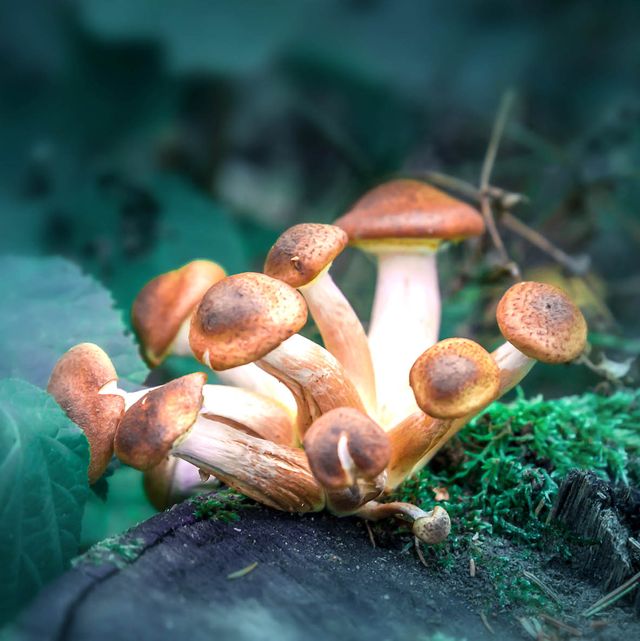
The individuals receiving the maximum 25mg dosage of psilocybin had the greatest effects. Compared to 9% and 8% of the 10mg and 1mg groups, respectively, 29% of this group was in remission three weeks after starting the medication. A fifth of participants in the high-dose group still had advantages after 12 weeks, compared to one in ten in the lowest-dose group. The primary active component of magic mushrooms is psilocybin. It is converted internally into a compound called psilocin, which causes waves of neurotransmitters to be released in the brain. On psilocin, brain activity becomes more erratic, with various brain areas communicating with one another more often than usual, according to MRI scans.
The sustainability of the treatment
Although it may appear horrible, Rucker insisted that it wasn’t. “That happens every night: when you dream, new connections are made in your brain, which becomes slightly more plastic and chaotic.” When taking psilocybin, trial participants reported having a brief “waking dream” that passed before they went home. However, the improved brain connection seems to be a more long-lasting impact, lasting a few weeks and maybe making the brain more receptive to therapy.
Stay tuned to Brandsynario for the latest news and updates.






























